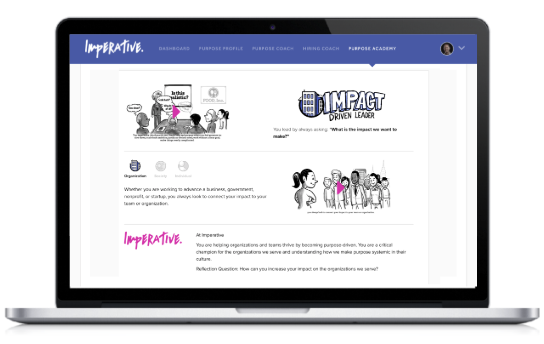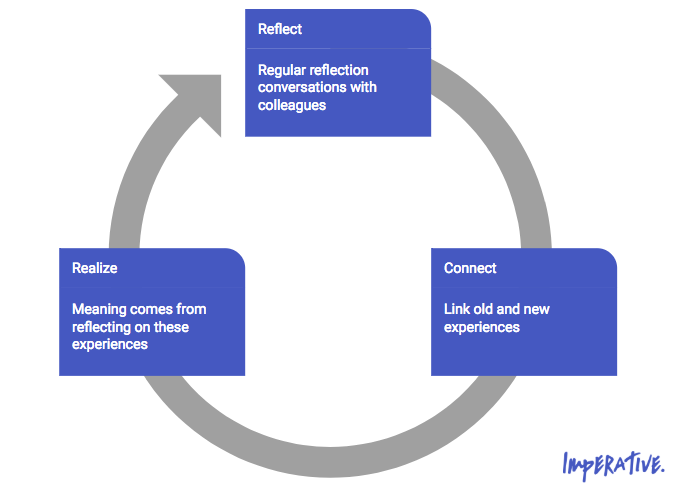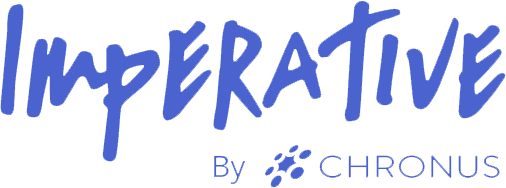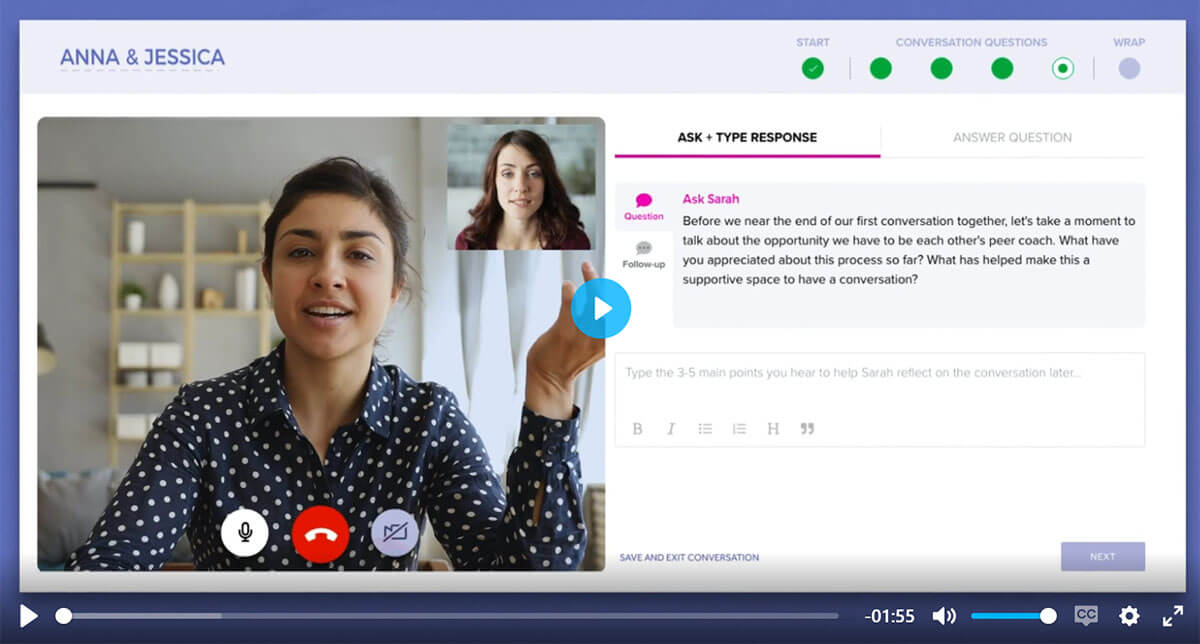The Only Thing That Makes Work Meaningful


In our first Workforce Purpose Index, developed in partnership with NYU, we found that the majority of people in everyprofession report being unfulfilled at work. We also discovered that there wasn’t a correlation between the amount of impact someone makes and their fulfillment levels: many high impact professionals like doctors, teachers, and social workers were found to be unfulfilled, while plenty of people in what we consider “low impact” positions reported being fulfilled.
The reason is simple: The job is not what creates meaning. Instead, meaning comes from reflecting on and linking experiences. In other words, we create meaning when we connect our experiences to feelings, patterns, and insights about ourselves.
If you don’t process and store experiences, they not only fail to produce meaning, they likely just deplete you. In the end, you become burnt out. Connecting your experiences converts them into energy that fuels us the next day and beyond.
The Game Changer: Reflection
The process of linking experiences is reflection. It is pausing for a moment and processing an experience. It is connecting it to how it made you feel and what you learned from it. It is thinking about how it connects to your past experiences and determining if you want to seek out or avoid similar experiences in the future. It is giving the experiences meaning.
To be fulfilled, we need to create the habit of reflection.
Scaffolding
This is why good workplace assessments are so popular: they accelerate the process of linking experiences to form a sense of identity. They give us a scaffolding to incorporate our experiences into a more cohesive narrative that enables us to learn and create meaning.

Assessments create meaning out of the chaos of our experience. Our work and path becomes less random, less meaningless.
This is why many people talk about the experience of reviewing the results of an assessment as a revelation. “I had a total revelation. I realized that I am __________ , or that what I really needs is __________, or the reason I do this is ___________.”
The impact of these assessments, however, is very uneven. If they are treated as a one-off experience, we don’t continue to reflect and connect experiences using the scaffolding we just created. A few months later, we are no longer feeling the sense of meaning and forget that we built a scaffold in the first place.
The Habit of Reflection

Some reflection is best done on our own, but in most cases, reflecting with others amplifies the impact. It helps us see new connections we didn’t realize on our own and creates the support we need to be able act on the insights we develop. ASTD found that you have a 65% chance of completing a goal if you make a commitment to someone. That probability rises to 95% if you have a specific accountability appointment.
After working with over 150,000 people who took the Imperative Purpose Assessment, we have found that peer coaching is the most effective way to create sustained meaning for people.
People who engage in peer coaching report being fulfilled at nearly twice the workforce average. (Imperative Peer Coaching White Paper)

Having regular reflection conversations with a colleague takes the scaffolding created by the Purpose Assessment results and helps us link experiences both old and new. This makes these experiences more meaningful. The more we reflect, the greater the sense of meaning and the more ownership we feel for our lives and decisions. It begins to create the habit of reflection.
Once the scaffolding is firmly in place and used everyday, it becomes a mindset – it becomes second nature and impacts everything we do.
More Research on Peer Coaching
Download our new white paper on peer coaching to learn about the other benefits associated with peer coaching, like increased connection, coaching skills, and self awareness.







